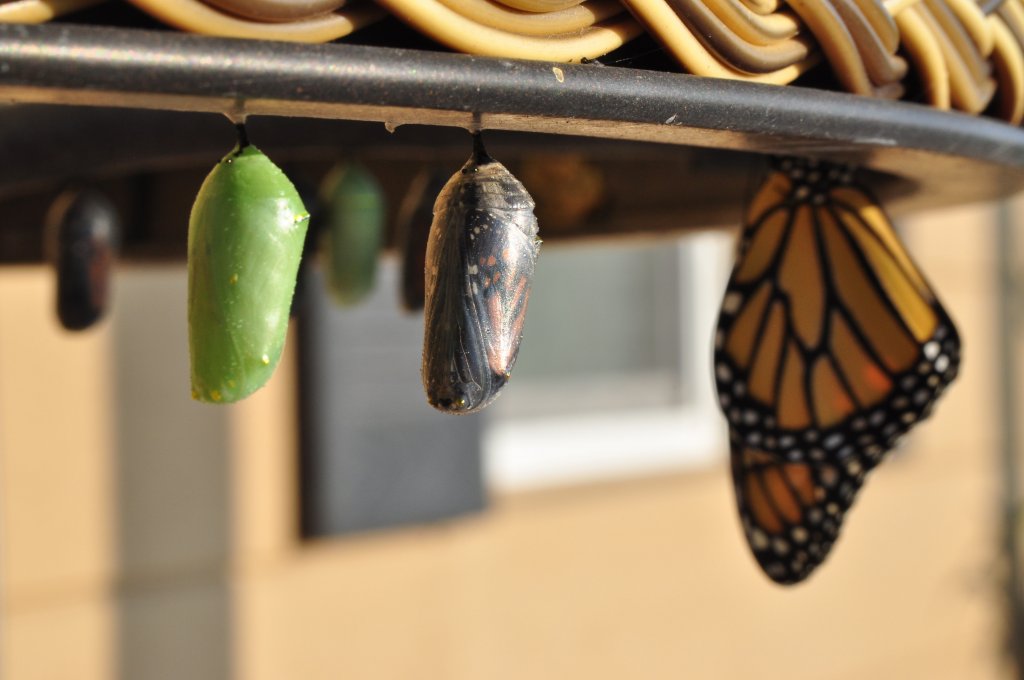

How will we be changed?
In the midst of the heartbreak, tensions and tedium of the pandemic, I am alert to the changes happening within myself and in our society that may form the lasting legacies of this time. Some of these are causes for hope.
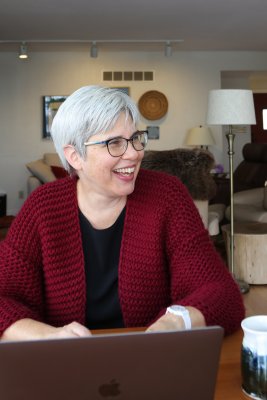
Goshen College President Rebecca Stoltzfus offers regular and intimate reflections on campus, interesting people she’s met, conversations she’s part of and higher education today.
Email her: president@goshen.edu



In the midst of the heartbreak, tensions and tedium of the pandemic, I am alert to the changes happening within myself and in our society that may form the lasting legacies of this time. Some of these are causes for hope.
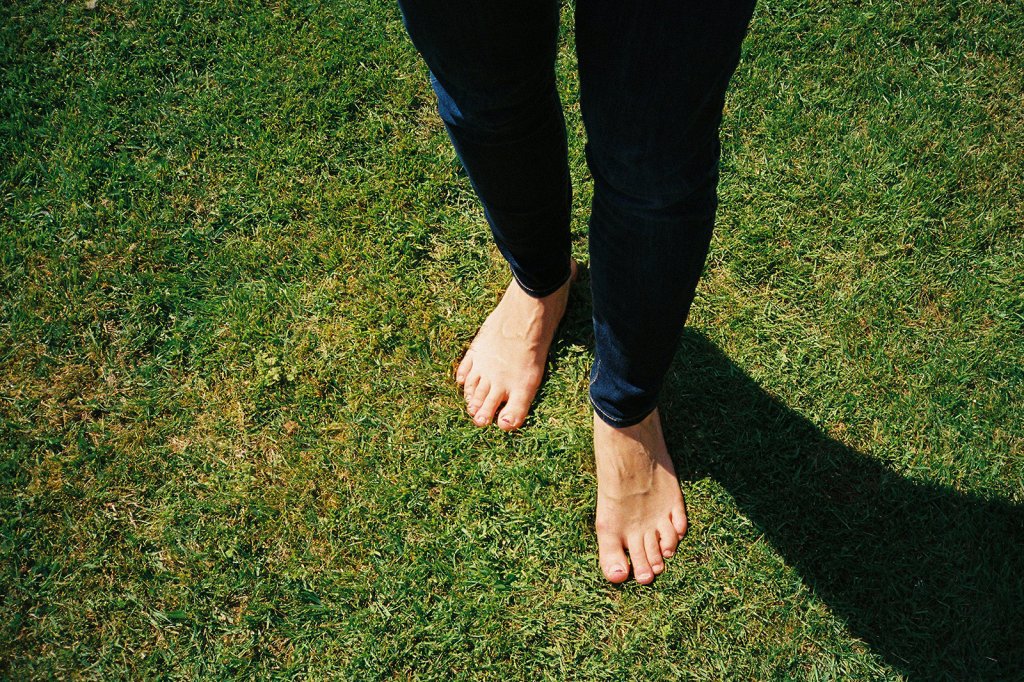

The word I’ve kept circling back to is “Grounded.” 2020 knocked me around. I want to stand this year with two feet on the ground, knees slightly bent. I want to feel the earth supporting me; to know the firm and gentle force of gravity. I want to be steady.
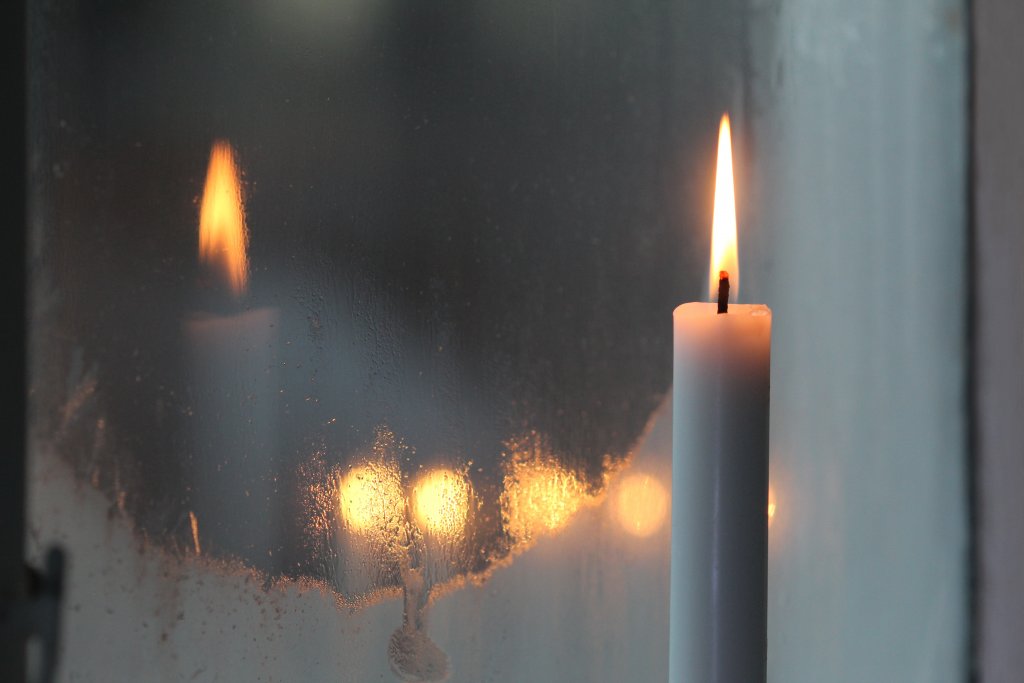

I am tired of the armor of masks and physical distancing. I want the armor of light! Our dark ordeal fuels an Advent longing further intensified by our many constraints. We simply cannot do the many things that we want to do to lighten our spirits. As plant and animal life goes underground in these short cold days, so are we forced inward again, into our houses, our small social bubbles and into ourselves.
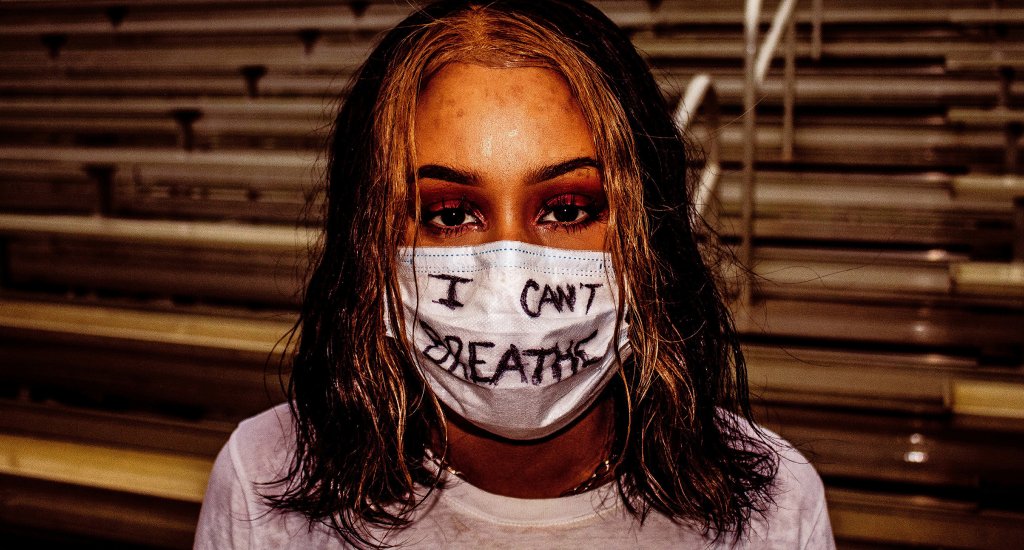

I’m writing on Pentecost Sunday, filled with powerful images of breath and fire. I think of 100,000 people (and many more) who ceased to breathe. And one unarmed black man named George Floyd, who could not breathe under the weight of a white police officer on his neck. And the fires that have erupted in the midst of protest, leaving all of us mesmerized and breathless.
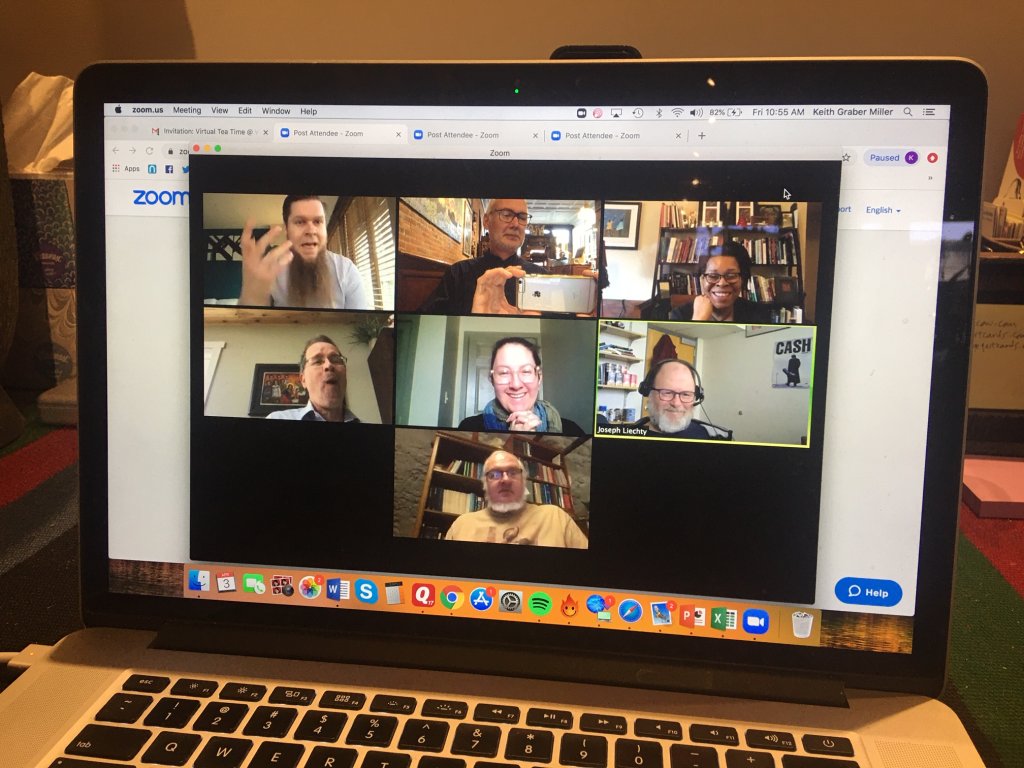

Teaching through this transition has been one great act of love on the part of Goshen’s faculty. Last week I reached out to a few of those involved in this massive undertaking and asked them to convey something of their experiences to us.
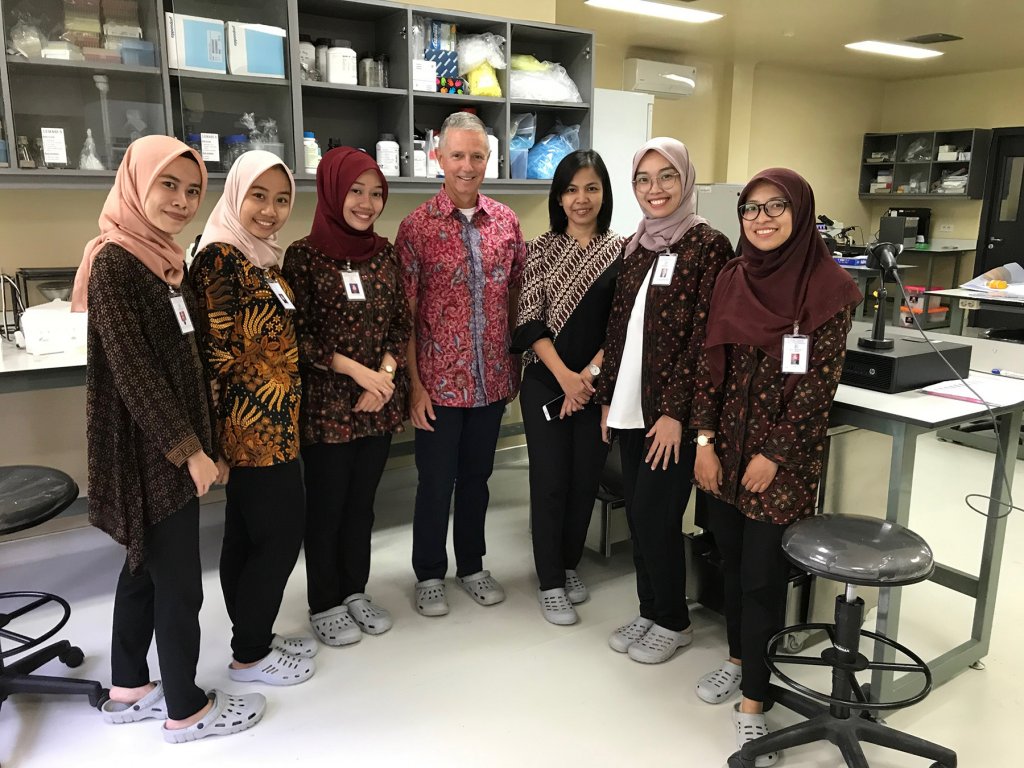

Goshen College graduate Christian Yoder ’80 is one of many GC alumni turning his efforts toward medical and public health solutions to the COVID-19 pandemic. I recently sent him some questions. Here are some of his thoughts about what we are experiencing and seeing, and the role he is playing.
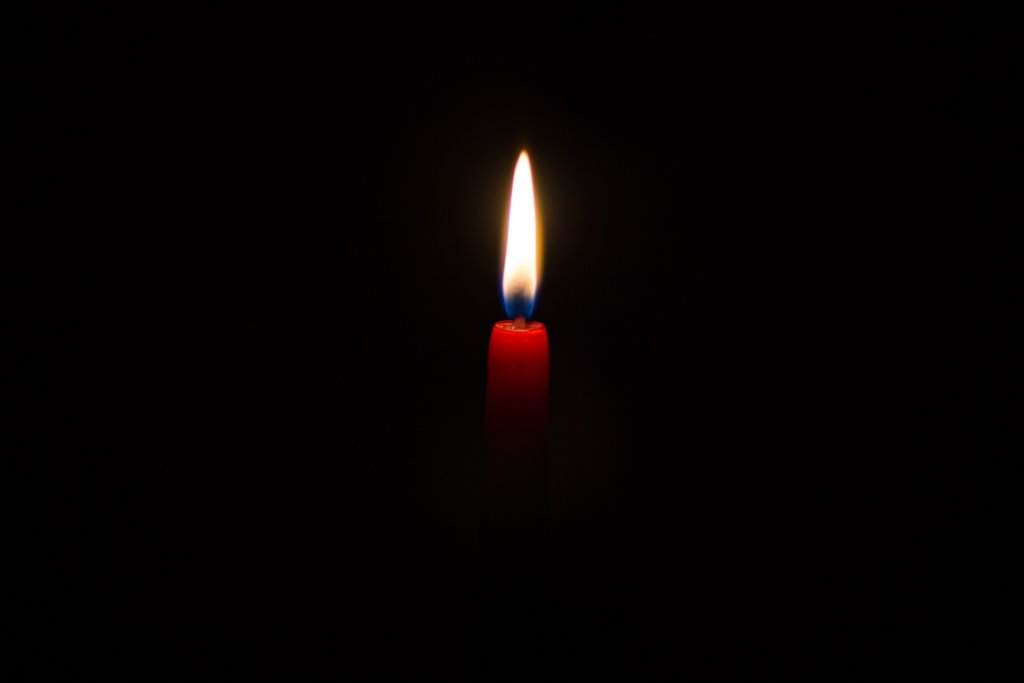

The most powerful ways to disarm our fear are spiritual. Christianity offers us tried and true practices such as prayer, contemplation, singing and approaches to Scripture that, when practiced deeply, move us into a strongly felt sense of love. People over the centuries have described this sense as “expansion” (Teresa of Avila), “a strange warming of the heart” (John Wesley) or abiding in love (Jesus).


We can’t skip the stages of grief, but we can be kind to ourselves and one another as we flow through them — sometimes in waves and loops.
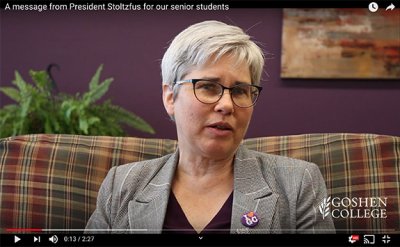

With all of the recent changes on our college campus due to COVID-19, I wanted to share a message with our seniors and graduate students in these challenging and unprecedented times.


I’m not an expert on viruses, but I do have a lifetime of experience in public health. Public health is about the health of all of us, as a community. Public health does not deny our innate need to attend to our own safety and survival, but it also calls us to do more than that: to act on behalf of the common good.
